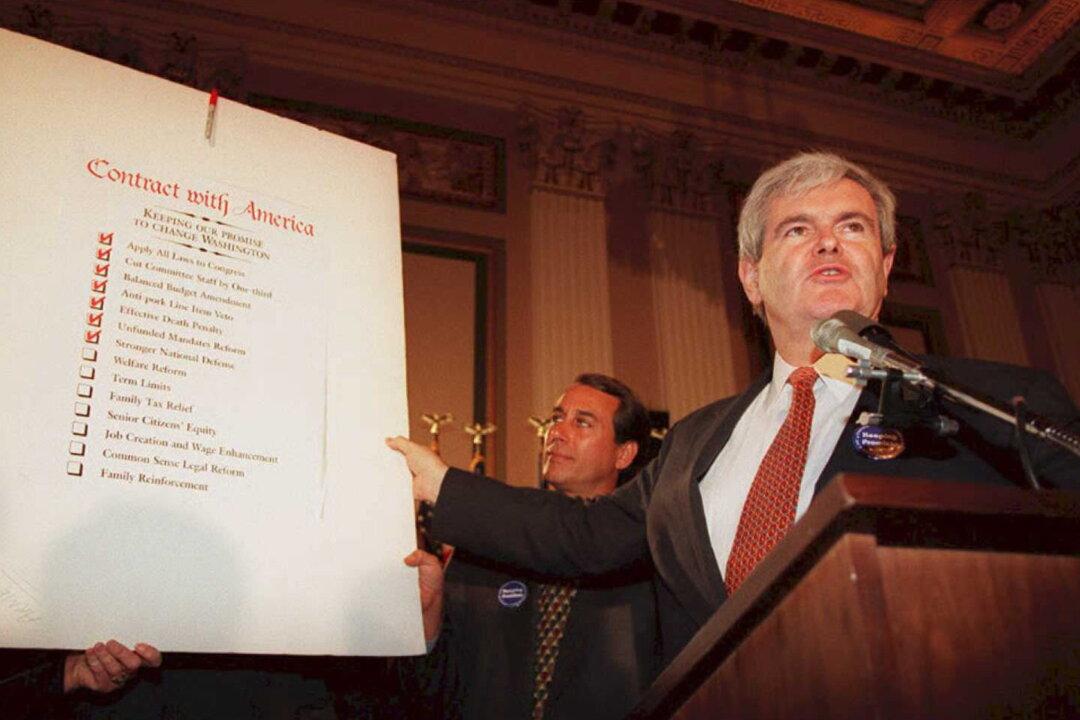House Democrats voted overwhelmingly to allow thousands of congressional aides working on their personal office staffs to form unions with the power to bargain collectively on their working conditions.
On a 217–202 vote on May 10, the House adopted a resolution introduced by Rep. Andy Levin (D-Mich.) to approve regulations required under the Congressional Accountability Act of 1995 in order for unions representing congressional aides to be officially recognized.





